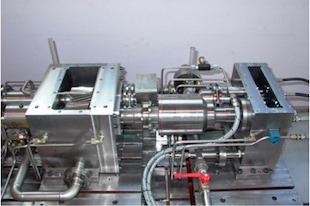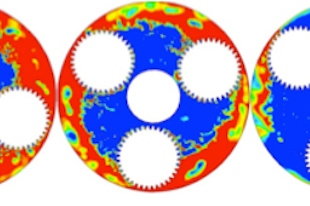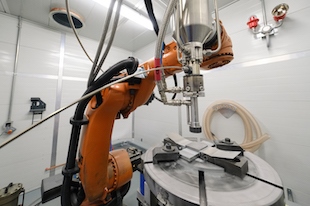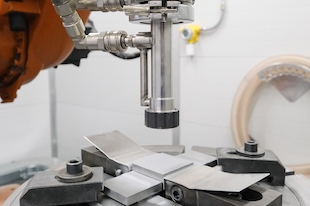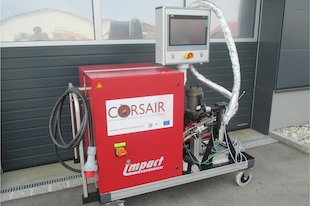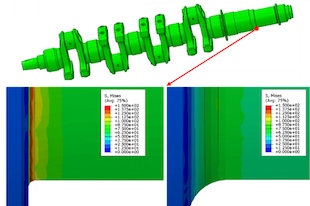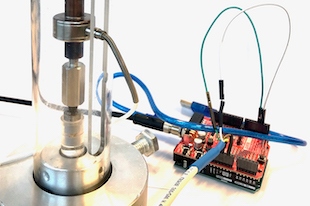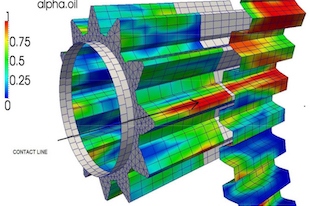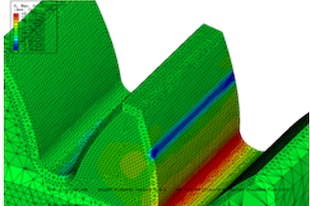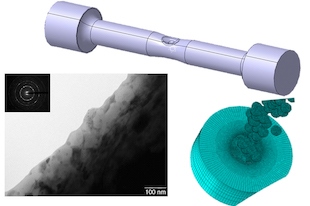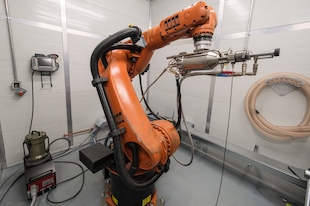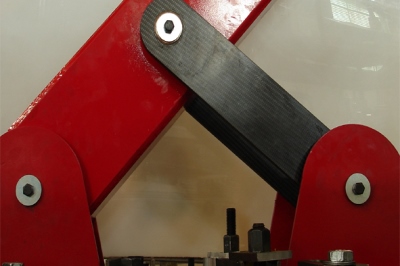
The basic topics developed by the “Advanced Design of mechanical Components” research group are related to fracture and /or damage mechanics of materials, both composite materials (short and long fibre reinforced polymer matrices) and special metal alloys and the effect of surface treatments on the fatigue behaviour of materials. All these topics are developed both by means of extensive experimental investigations – carried out in dedicated laboratories – and in-depth theoretical and numerical studies, involving the development of numerical models. The main focus is on increasing the system reliability, particularly in order to increase its fatigue life and to reduce the environmental impact (reduced noise emissions and higher efficiency).
The main research activities carried out in this area are briefly listed below:
- Surface engineering for high-performance materials and structures:
- the application of mechanical surface treatments for the generation of a nano-crystalline surface layer and it characterization;
- advanced techniques for multifunctional coating with superior properties and reduced environmental impact.
- Gears and transmissions:
- theoretical and experimental research on power transmissions and gears;
- geometry - performance – diagnostic – noise - failure mechanism;
- bending strength and pitting/micropitting phenomena;
- experimental activities on Single Tooth Fatigue pulsator, testing bench recirculation and mechanical disc-on-disc;
- theoretical models including CFD simulations on lubrication.
- Bio-inspired materials:
- multi-scale approach to study the mechanical behaviour of bone;
- reproduce this behaviour in new materials.
The research group is also active through international projects, including the most recent ones:
- H2020 ATLAS” Advanced Design of High Entropy Alloys Based Materials for Space Propulsion, which aims to develop new materials capable of ensuring superior properties in extreme environmental conditions, enabling an important advance in the design and construction of space engines.
- GAP image-Guided computational and experimental Analysis of fractured Patients, with the primary objective of research aimed at studying the interaction between micro-damage and bone micro-morphology
- RES Range extender System, research project within the European Regional Development Fund 2014-2020 of the Lombardy Region for the additional charging of electric vehicle batteries.
- H2020 CORSAIR “Cold Spray Radical solutions for aeronautic Improved Repairs”

